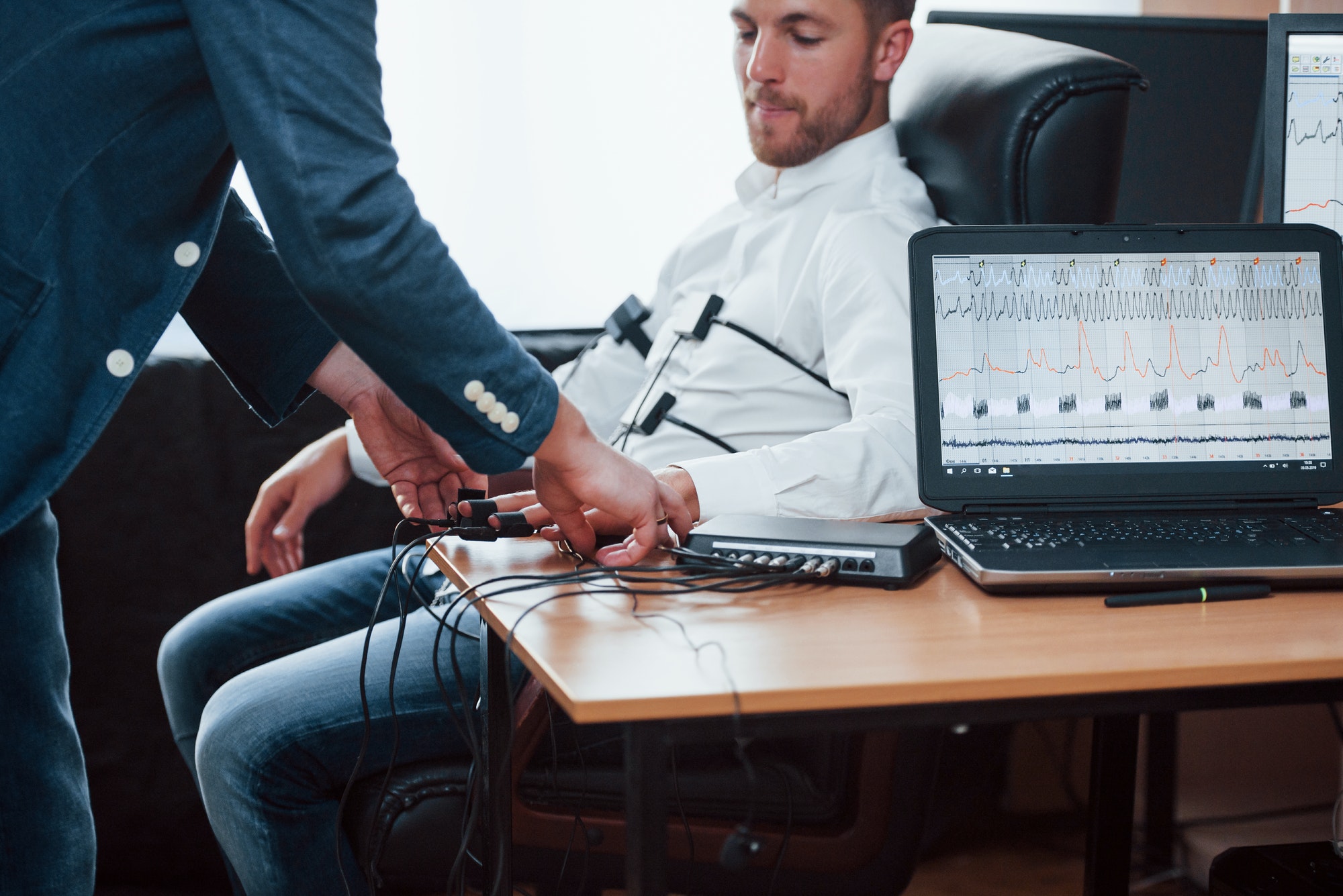The polygraph technique is most widely used today by the law enforcement community in one of two ways – as part of the pre-employment screening process for police candidates and as a forensic technique to help resolve the investigation of criminal offenses.
In the past 75 years over 250 studies have been conducted on the accuracy of the polygraph technique. Since many different conditions and factors are involved in the research, and since the polygraph examination is a very complex process, it is difficult to draw from the data a precise figure for the accuracy of polygraph testing in all settings. Nevertheless, the preponderance of available information indicates that when a properly trained examiner utilizes an established testing procedure, the accuracy of the decisions made by polygraph examiners is generally in the range of 85-95% for specific issue investigations.
Polygraph is ALWAYS a voluntary procedure, and no one can make you take a polygraph for any reason. You will be free to leave at anytime during your examination.
Anyone who takes a polygraph is nervous to some degree, and everyone experiences different levels of nervousness. This condition is referred to as General Nervous Tension (GNT), and the polygraph examiner is trained to recognize it. Nervousness will not be a factor if you tell the truth during the polygraph examination and on all of the polygraph questions.
Take all of your medications as you normally would, as prescribed by a doctor. Provide a list of your medications to the polygraph examiner. He/she will enter the name of the medication(s) into a Drug Reference Library, checking if, how, and to what degree, the polygraph tracings will be affected. The examiner will discuss with you any adverse affects that your medication would have on the polygraph exam.
About 15% of all polygraph examinations conducted by the Evansville Police Department are admissible in court. The State of Indiana and many other states, allow for the admissibility of polygraph results in a court of law if it was agreed to by all binding parties prior to the start of the individual exam. The decision to offer a suspect a court-admissible polygraph is made by the prosecutor and/or the lead detective of the case, and the polygraph examiner does not become involved until after all forms are signed and finalized. An agreement to submit to a court-admissible exam can be made with or without legal representation.
Polygraph results are confidential. A polygraph examiner will only release the results of the exam to the examinee and to the police detective or prosecutor who requested the examination. Upon the discretion of the lead detective, the results may be released to the Prosecutor’s Office. Polygraph results are not released to employers. If the exam is regarding a police pre-employment situation, the results are only released to the examinee, the EPD Police Personnel Unit and the Police Merit Commission.
Yes. The polygraph examiner will score the charts after completion of the testing, and inform you of the results. He/she will discuss any notable inconsistencies with you at the completion of the chart evaluation phase.
